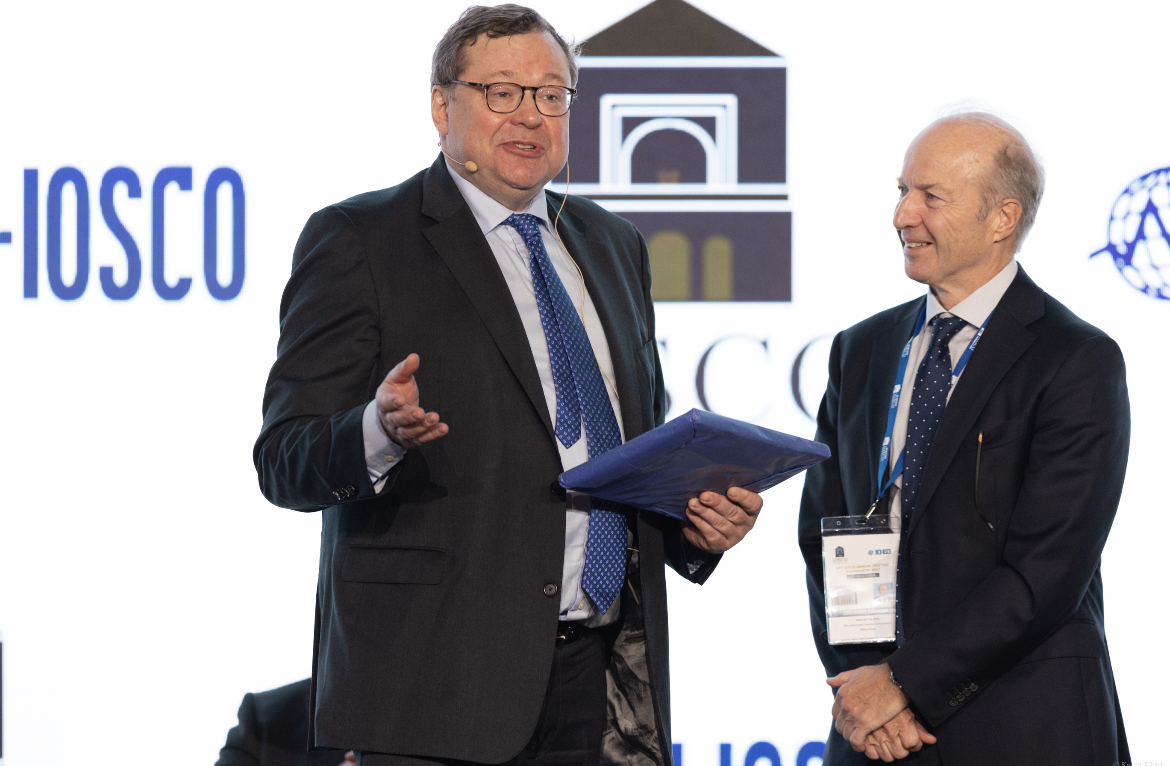Drawing on insights from the shocking failure of the FTX exchange in the previous year, the International Organisation for Securities Commissions (IOSCO) disclosed the inaugural global scheme for crypto asset and digital market regulation this Tuesday.
The crypto industry has been waiting with bated breath for the onslaught of rules and regulations which started rolling out rapidly following the EU’s introduction of their guidelines last week. The digital asset sector has expressed optimism over these developments, foreseeing them as a start to worldwide discussions on cryptocurrency regulations.
IOSCO, just a week after announcing its intent to submit the first international standards for cryptocurrencies, introduced its worldwide regulatory strategy. This announcement closely followed the European Union’s member states ratifying the first comprehensive laws for crypto assets, thereby increasing pressure on countries like the UK and the US to implement their regulations.
Asia, too, is swiftly accelerating towards implementing crypto regulations. Cryptocurrency companies have long argued for a global regulatory framework due to varying standards across countries, with most only mandating compliance with anti-money laundering inspections.
This global movement towards stricter regulations was precipitated by the FTX exchange’s insolvency in November last year due to liquidity problems. Global regulators promptly intervened to avoid potential conflicts of interest by enforcing laws on crypto conglomerates, like FTX, which housed multiple businesses under one umbrella without adequate safeguards for consumer funds.
Jean-Paul Servais, the chairman of IOSCO, expressed that these initiatives marked a pivotal moment in combating the risks associated with cryptocurrencies like bitcoin and ether. “The time of regulatory ambiguity surrounding crypto activities has ended. The consultation paper we released today, supported unanimously by the IOSCO Board, follows an intense period of regulatory risk assessment, information dissemination and capacity enhancement,” said Servais.
The proposed regulations tackle conflicts of interest, market manipulation, international regulatory collaboration, digital asset safekeeping, operational issues, and retail client management. Traditional market protections will be leveraged to eliminate conflicts among crypto transaction parties.
IOSCO plans to finalise these guidelines by the year-end and hopes its 130 member nations will adopt them to address gaps in their national regulations. This would eradicate fragmented regulation and prevent corporations from exploiting discrepancies between regulators. IOSCO, which encompasses regulatory bodies like the SEC, Japan’s FSA, UK’s FCA, and Germany’s BaFin, is seeking public feedback on the proposed regulations.
Also read: From Crisis To Opportunity: How Cathay Pacific Is Navigating A PR Storm & Plans For Rebuilding Its Reputation
The EU’s recent implementation of the world’s first comprehensive guidelines places added pressure on the UK, the US, and other nations to establish their regulatory standards. IOSCO expects to release regulation proposals for decentralized financial systems later this summer.
LIM Tuang Lee, Chair of the IOSCO Board-Level Fintech Task Force, led the development of the policy recommendations. Lee stated, “The recommendations in IOSCO’s consultation report provide guidelines to regulate and supervise crypto markets, which are intrinsically cross-border. Crypto service providers must tackle unacceptable conflicts of interest and prioritise their clients’ rights to have their funds and assets carefully managed and accounted for.”
The call for regulators to collaborate across borders and jurisdictions to ensure investor protection and uphold market integrity in crypto markets is stronger than ever.
The article is based on a piece of news by Blockhead.
















